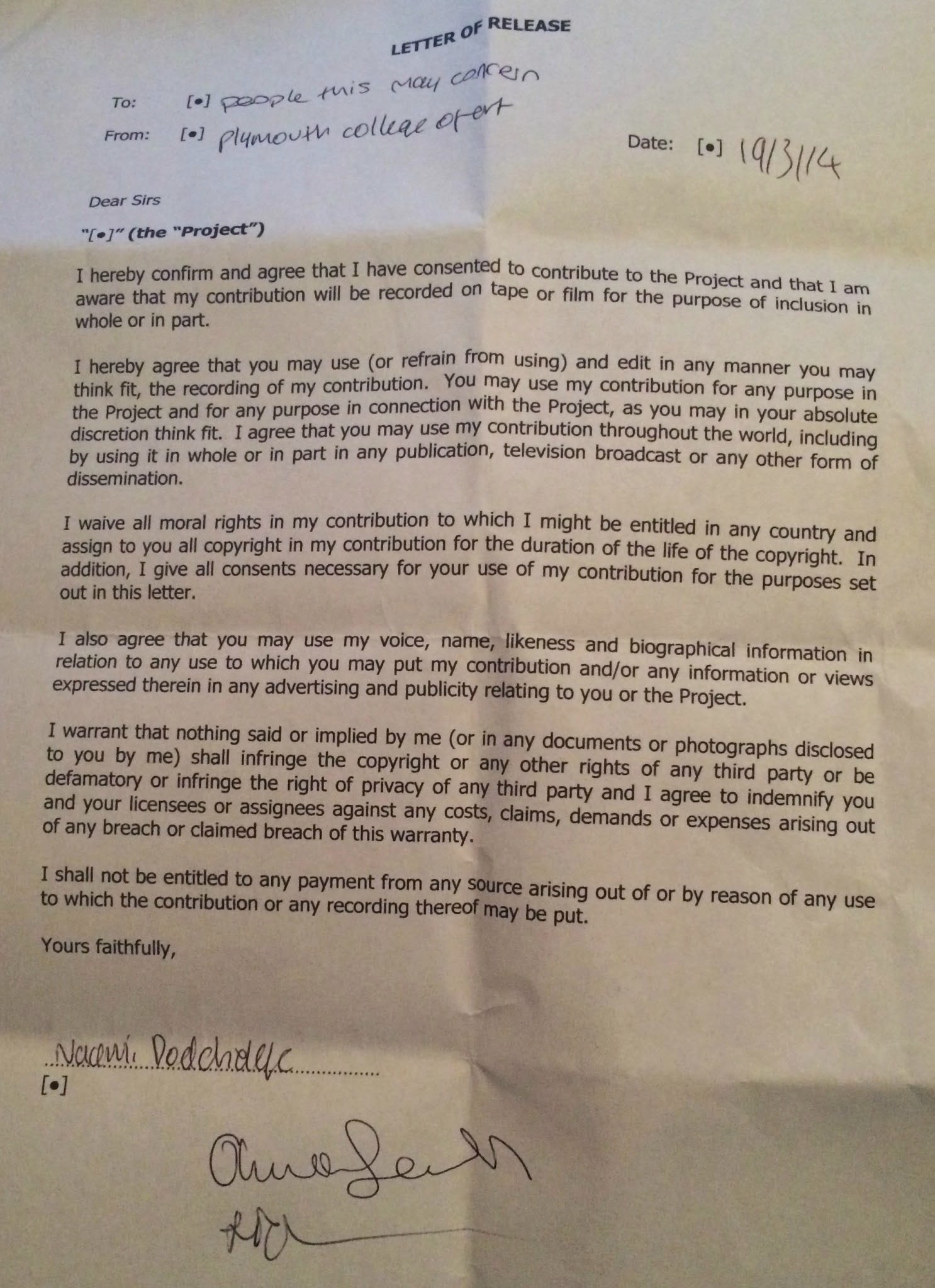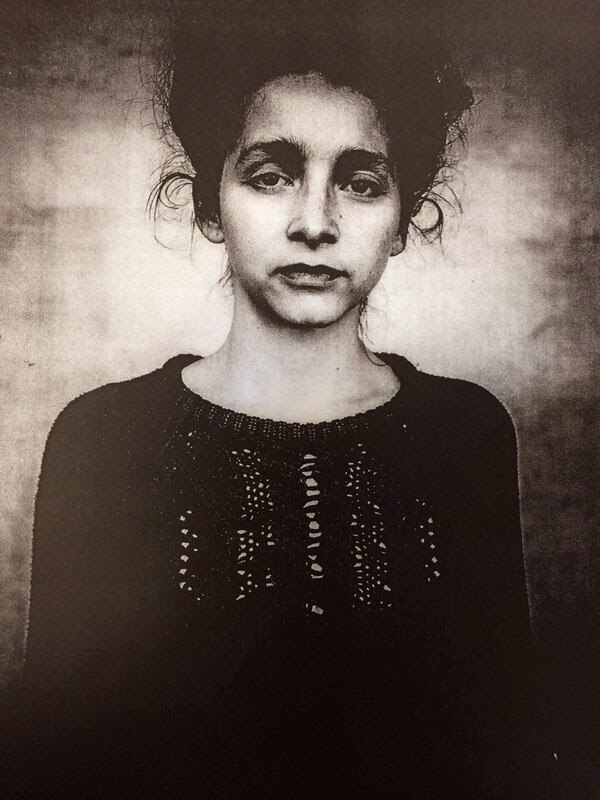This documentary was done by myself therefore all the filming and editing was down to me. I decided that my filming days would be Monday, Tuesday and Wednesday. Although I had a schedule I didn't follow it exactly. I followed it to a point.
On the Monday I decided that I would start by getting a 10 minute clip of people walking around town but only showing their lower body. I got to 8 minutes and both of the camera batteries died. I was really disappointed at this because I wanted to get a large portion of it done on Monday. However I took all of my equipment home and decided to do the majority of the voice over that night. I had to plan what I was going to say in my voice over because it would be spoken throughout my video. I wrote it all down what I was going to say and recorded it into my voice recorder. It took me a couple of times to get the clips and to make them sound right, however I felt as though I said everything that needed to be said.
That night I also decided to do some more filming, I filmed my 'online shopping segment.' In this segment I got my brother to scroll up and down on the 'Topman' website to show him looking at clothes, as this is a big part of online shopping. I then got him to go onto 'Ebay' and 'Amazon', who are two of the biggest online retailers sites. These two sites have had a major impact on high street stores because especially on 'Ebay' you can get the same quality goods but for much cheaper and everyone likes a bargain. I did an over the shoulder shot for this part because I felt as though it would give the best view of the sites.
On Tuesday I made sure that both of my batteries were charged right up and therefore wouldn't die on me again. I took all of my equipment back into town, however it decided to start raining really had. This was my problem and solution. I came up with a solution and that was to cover up the camera as much as possible therefore it didn't get damaged while filming. Despite the weather I managed to film a lot. I started off with filming a lot of shops down the bottom of town that had been closed and abandoned, this was easy to film because there wasn't many people about. I then decided to move and film a bit more in the other parts of town that was a lot busier. I filmed outside shops such as House of Fraser, Blacks, Miss Selfridges and others. In these shots I just got them open and people walking in and out of the shops to show that they were still busy. After I had down that I filmed some other abandoned shops, ones which were a lot bigger before they went down. The shops that these were Entertainment for less, JJB sport and Derry's.
After I had done a lot of these shots coming from different angles, I decided to do a big shot from outside of House of Fraser it was one where I filmed people going in and out of the shop; this shot worked well because at this time House of Fraser was really busy and therefore people kept walking in and out. The idea behind this shot was that I was going to speed it up while editing. After that I went back down to the quieter end of town and shoot outside the charity shops. Charity shops have been one of the only shops that haven't been affected by the online shopping and therefore I felt like it was important that I included them in my footage. Finally the last shot that I got of the day was outside of Drake Circus mall, this was by far the busiest part of town and I filmed people going in and out of the mall. Due to it being this busy I decided that this was a good place to get my wild track and there was a lot of voices.
To complete a documentary, you will always need to interview people, therefore on Wednesday that is what I did, to start with an interview of Olivia who is one of my friends from college, I was going to interview people in Plymouth City Centre, but due to the weather I wasn't able to do this. The second interviewer I got was Lynne Marker who works for Soft Soles which is a beauty salon in the middle of town, I asked each of them the same three questions. Do you think online shopping has affected the high street? Do you prefer online shopping to high street shopping? Who do you think online shopping is aimed at? There answers were a bit different because Lynne was coming from a professional background while Olivia was stating her own opinion. I felt that both of their opinions were great and incredibly lengthy which was amazing for my documentary.
Editing
On Tuesday I started my filming, to start with I had to get all of my footage from my laptop to the college computer which was a bit of a hard task as I had a lot of footage and my memory stick wasn't big enough to fit it all on.
After I had done that I started my edit, I went through all of my clips and deleted the ones that I didn't need. I had a lot of extra voice overs that I didn't need so I rid of them. I then put all of the footage into Adobe Premiere Pro. I selected all of the footage and cut each of the clips down as I had to make sure that my documentary was under 6 minutes. I thought that selecting the footage and putting them into order was a lot easier than I thought it would be. I think the reason for this was because of the amount of practice I have had with editing since September.
After I had put all of the clips in, I matched the sound up from Olivia's interview to the actual clip. This was then I realised that I didn't have very good sound quality from Lynne's interview. The best thing that I could do was to turn the sound right up from the audio tune to make sure that it was as clear as it could be. I managed to save the sound and I was really impressed with the way it turned out. Due to the sound not being amazing this meant I had to turn the sound down from Olivia's interview so it wasn't too loud as else it would have sounded really strange.
Once the sound from the interview was sorted, I needed to put in the voice overs, this was important where I stuck the voice overs because it needed to make sense with the clips, therefore the voice over where I was talking about charity shops I put with the footage of the charity shops. I did the same when it came to online shopping, out of everything in the edit this most certainly took the longest because I had over 30 voice overs and I had to select the ones I felt were the most suitable, this took me about an hour to work this out.
These were the most important part of the video, due to the amount of voice overs that I had I felt like I didn't need the wild track. Finally I sped up some of the clips to 800% to make it look more like a news documentary and then added some fades and dissolves, I felt as though this made it look a lot more professional and I was really pleased with the outcome. Finally the last thing I did was blur ending, I did this with the help of Matt Jury as I wasn't entirely sure but he showed me what to do and I was incredibly happy with the outcome.
I really loved this documentary and it turned out fantastic I am glad that I worked on my own because it made me realise that I can work on my own and it can turn out successful. I really enjoyed working on documentaries as I find them so interesting.
This is my documentary.










